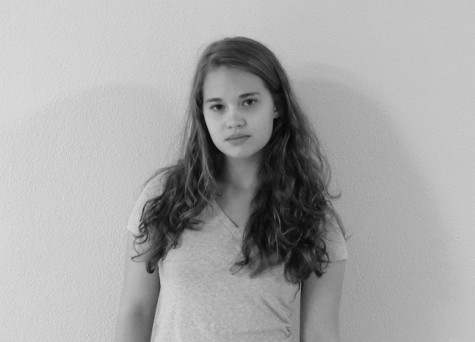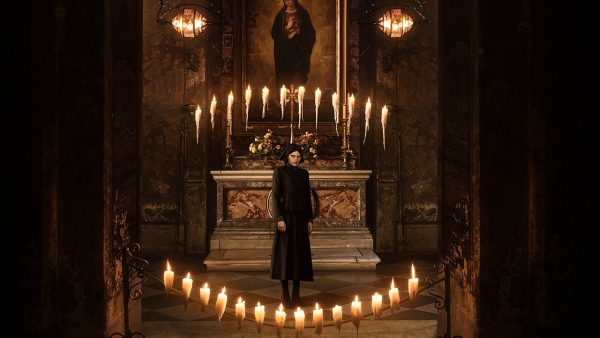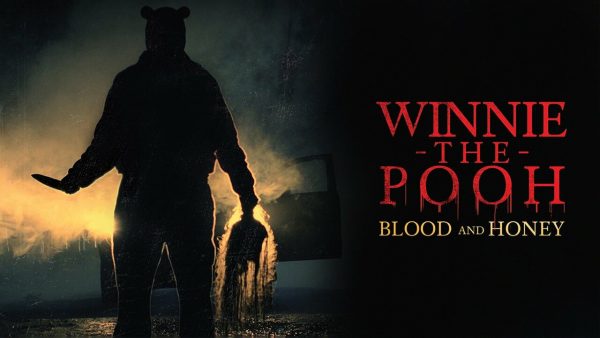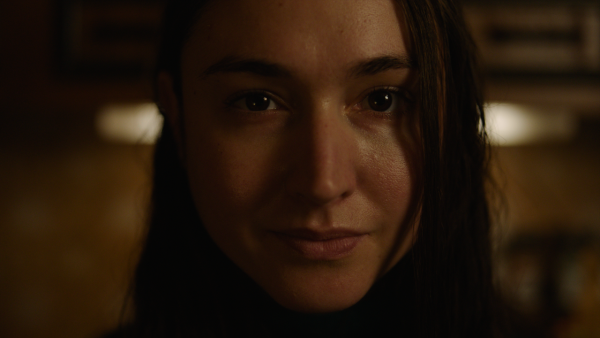New rendition of Shakespeare’s Romeo and Juliet does not meet expectations
Leads, score and creative freedom cause the film to disappoint
October 22, 2013
As stated by the Prince of Verona in the final line of “Romeo and Juliet”, “For never was a story of more woe than this of Juliet and her Romeo.” The audience certainly felt this “woe” in the latest movie adaption of Shakespeare’s renowned Romeo and Juliet.
It becomes evident in the first scene, a jousting match between the Montagues and Capulets, that this usual tissue-requiring tragedy will quickly turn into a headache-generating disaster.
A few aspects of the film were not half-bad. Juliet’s Nurse, played by Lesley Manville, and Romeo’s confidant the Friar Laurence, played by Paul Giamatti, add a sense of loving authority and light-heartedness to the story. Also, Romeo’s cousin and friend Benvolio, played by 17 year old Kodi Smit-McPhee, charms the audience while breaking their hearts as they see him lose his best friends to fate.
In addition, the exquisite landscape and incredible cinematography that accompanies it would make anyone want to travel the lovely and fair Verona.
Despite this, a multitude of reasons make this film a fiasco.
Juliet (Hailee Steinfeld) is far too young, too sweet and too passive to play an accurate Juliet. Steinfeld was only 15 during filming, and some of the scenes between her and her 19 year old counterpart, Douglas Booth, who played Romeo, feel awkward or even creepy due to the age difference between them.
Romeo should not be prettier than Juliet. Not that Steinfeld isn’t lovely in her own right, but Booth is portrayed as so male model-estque that it is distracting. For example, his first entrance involves him in a white, billowing deep v-neck tunic, distraught that Rosaline will not be with him while sculpting a statue of her.
The attraction between Romeo and Juliet feels more like puppy love than the undeniable and instantaneous lust they should have for one another. This is evident especially in the notorious balcony scene, which is an extreme disappointment. Both of the characters fumble over their lines, and the passion that is meant to be between the two is absent.
Though the film adapts the old Shakespearean text, screenplay writer Julian Fellowes over-adjustes, straying from the true essence of the play. It loses many of its subtle nuances and imagery due to oversimplification.
The animosity between the Capulets and Montagues seems to be lacking throughout the film, with the exception being a fiery, hot-tempered Tybalt (Ed Westwick). It becomes perfectly clear that he would truly love to see Romeo’s head on a silver platter. Aside from him, the majority of the people in the two families do not seem all that angry at each other. Some seem as though they would prefer just to bury the hatchet and get on with their lives.
Some variation of flutes and violins accompany practically every single scene, all which pretty much sounds the same. It is very distracting, especially during the balcony scene. In some places, it adds excess and unnecessary drama and seriousness to the scene, similar to a soap opera.
Finally, the changes made to the final scene were a total flop and very disappointing, but to know this that would mean the audience would have to make it to the end of the film.













